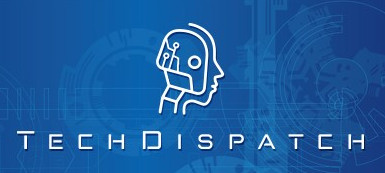TechDispatch #3: Connected Cars
The modern car is a computer on four wheels. Today’s cars are constantly processing and transmitting data about themselves, their surroundings and the people in it – in most of the cases even without the knowledge of the driver. This data is used in navigation, to manage car systems like the engine or to deliver communication and infotainment services to passengers.
Increasingly today, the data generated by the car is shared over the internet with other vehicles, traffic infrastructure and private and public entities. These so-called connected cars belong to the evolving Internet of Things (IoT) - with manifold related risks attached. The growing amount of personal data generated by connected cars raises the interest of insurers, automakers, law enforcement authorities and other third parties.
To read the HTML edition, click the title above.
To read the PDF edition, click the EN button below.
